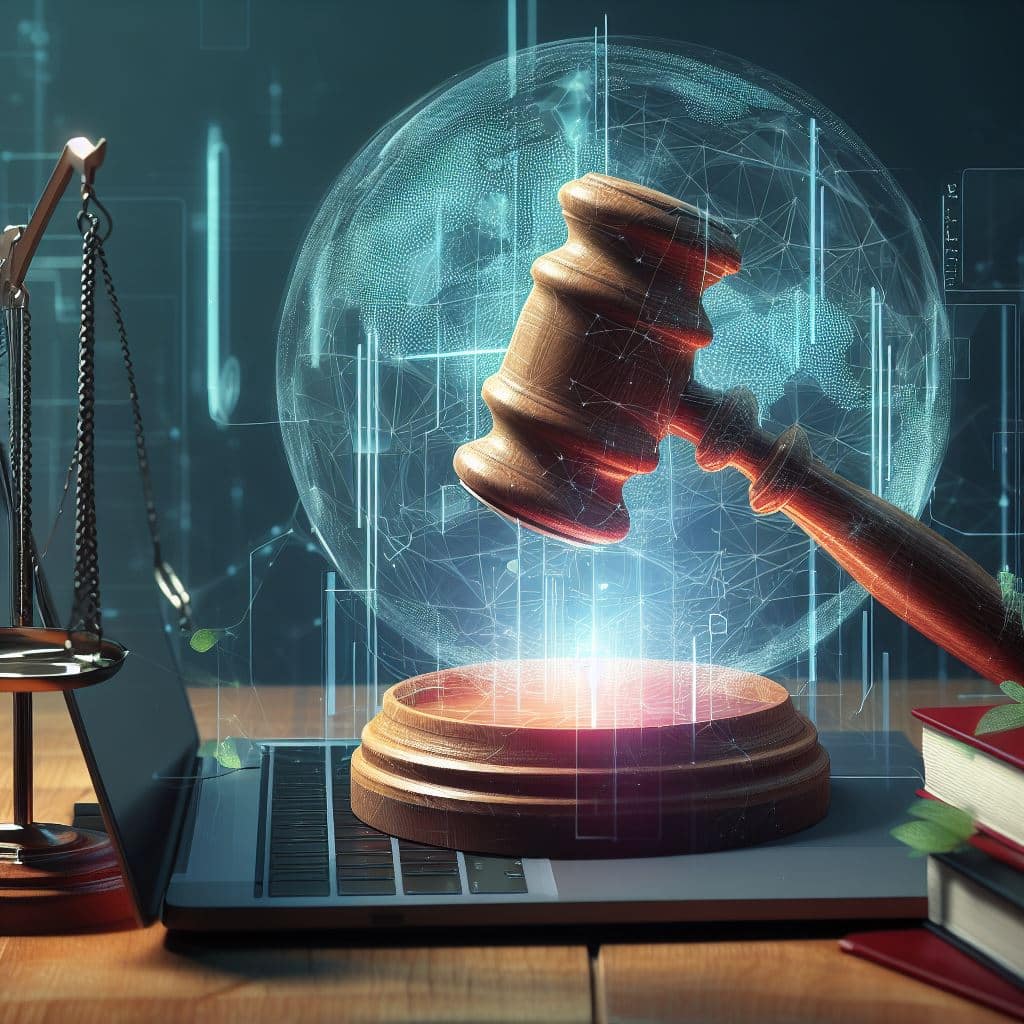Things to Know For Surviving Spouses
Have you ever wondered “am I responsible for my spouse’s debt after death?” It’s not a pleasant thought, but it’s an important question to consider. The truth is, it depends on where you live and the types of debts in question. In many places, you typically aren’t legally responsible for most of your spouse’s debts after they die. However, there are some exceptions you need to be aware of. Before you breathe a sigh of relief, let’s walk through what you should know so you have a clear understanding of what you may or may not be responsible for in this unfortunate situation. The more informed you are, the better prepared you’ll be to handle your spouse’s remaining financial affairs.
How to Avoid Inheriting Your Spouse’s Debt
When your spouse passes away, their debts unfortunately do not disappear. As the surviving spouse, you’ll need to determine if you’re legally responsible for paying them off.
In most states, you are not liable for debts solely in your spouse’s name. However, if you live in a community property state like California or Texas, creditors may try to collect from community assets like your shared home or bank accounts. They cannot take your own separate property, though.
Debts you cosigned or guaranteed with your spouse are your legal responsibility. You’ll have to pay them according to the terms of the accounts, whether it’s a mortgage, auto loan, or credit card. The good news is the death of your spouse does not accelerate these debts – creditors can’t demand full immediate repayment.
In some cases, you may want to pay off your spouse’s debts even if you’re not legally obligated to do so. For example, paying remaining medical bills or taxes owed can help avoid interest charges or legal issues down the road. However, there’s no need to pay credit card balances or other unsecured debts in full right away unless the accounts were joint.
The bottom line is that while death does not eliminate debt, in most situations spouses are shielded from liability for debts solely in the name of their deceased partner. Don’t let creditors pressure you into paying more than you legally owe. Consult with a financial advisor to review your specific situation and determine the best path forward.
Options for Managing Your Spouse’s Debt After Their Death
One of the worst things that can happen after losing a spouse is inheriting their debt. But the good news is, you don’t have to! There are a few things you can do to avoid becoming responsible for debts that aren’t your own.
First, don’t sign anything. Creditors may ask you to sign paperwork to assume responsibility for the debt, but you are under no obligation to do so. Decline to sign, and send a letter to creditors stating that you will not be assuming responsibility for the debt.
Keep finances separate
During your spouse’s lifetime, keep your finances as separate as possible. Have individual bank accounts and credit cards rather than joint accounts. This makes it much easier to prove what debt is yours and what belongs to your spouse’s estate.
Pay off debts strategically. If there are any joint debts like a mortgage or car loan, pay those off first before other individual debts are paid from the estate. The fewer remaining debts in both of your names, the better.
Go through paperwork thoroughly. Look through financial documents like bank and credit card statements, tax returns, and loan paperwork to determine what debts were in your spouse’s name alone. These debts should not be your responsibility.
Don’t feel guilty saying no. It can be emotionally difficult, but you must be firm in stating that you will not take on debt that does not belong to you. Creditors may try to convince you otherwise, using guilt and manipulation. Stand strong to avoid burdening yourself with debt you do not legally owe. With the right preparation and perseverance, you can avoid inheriting debt from your spouse and continue your life financially unencumbered. Though the loss of a spouse is tragic, inheriting their debt can often make a difficult situation much worse. By taking the proper steps, you can find peace of mind knowing you won’t be saddled with debt that was never yours to begin with.


